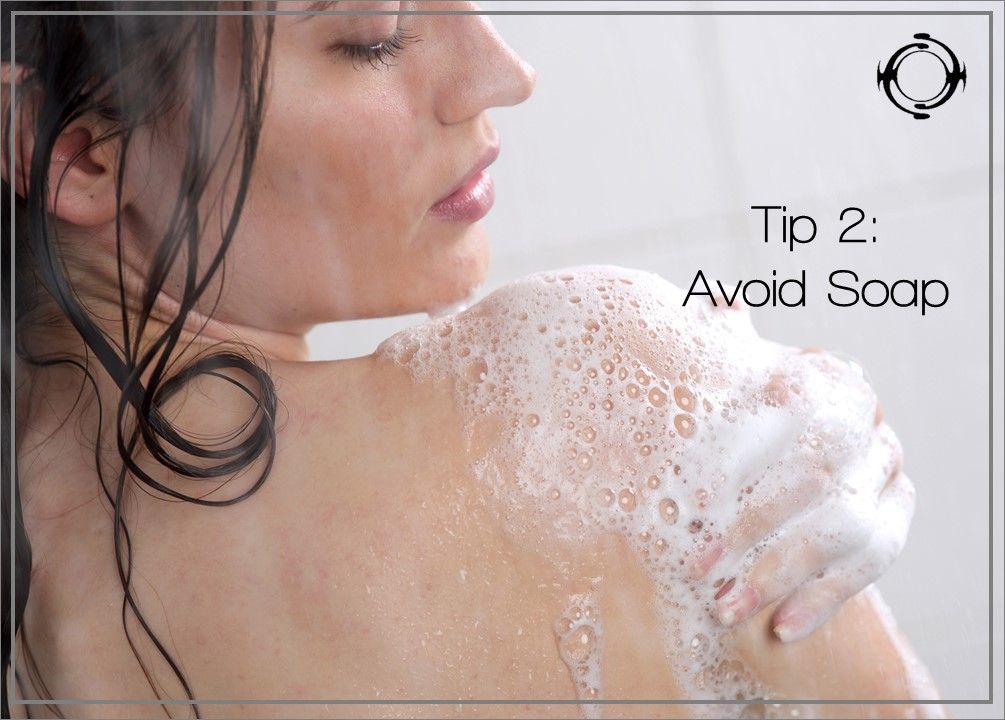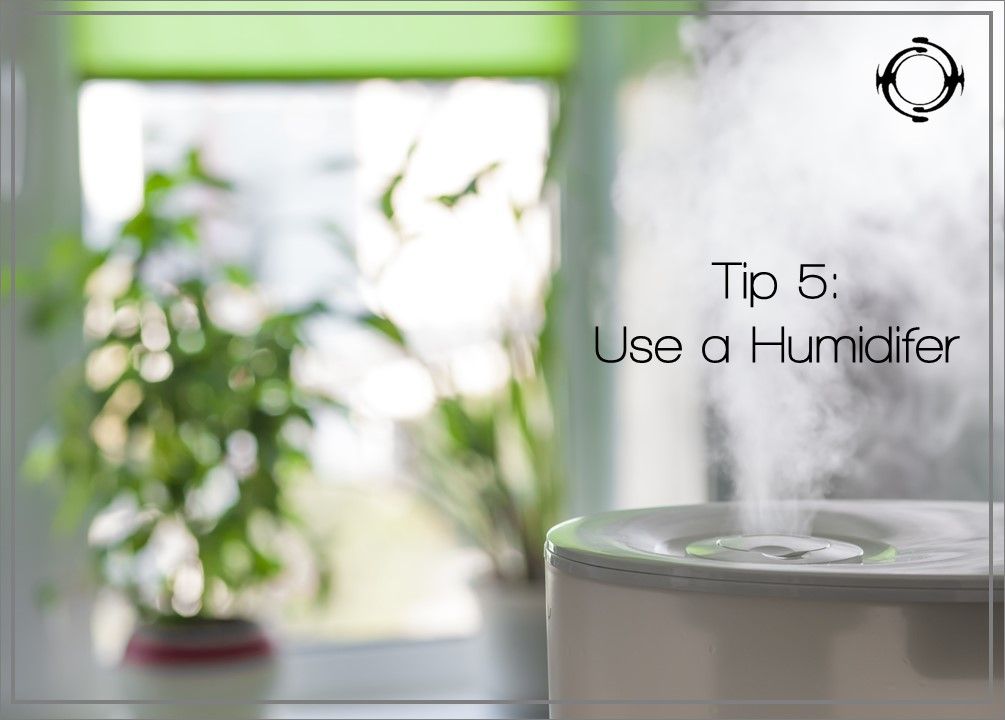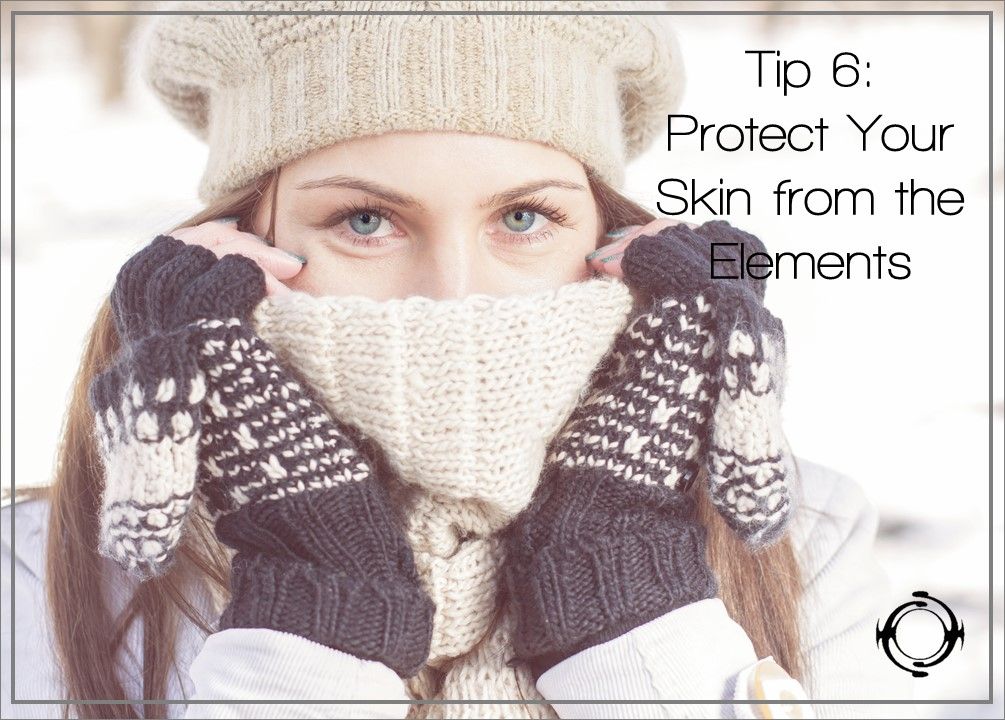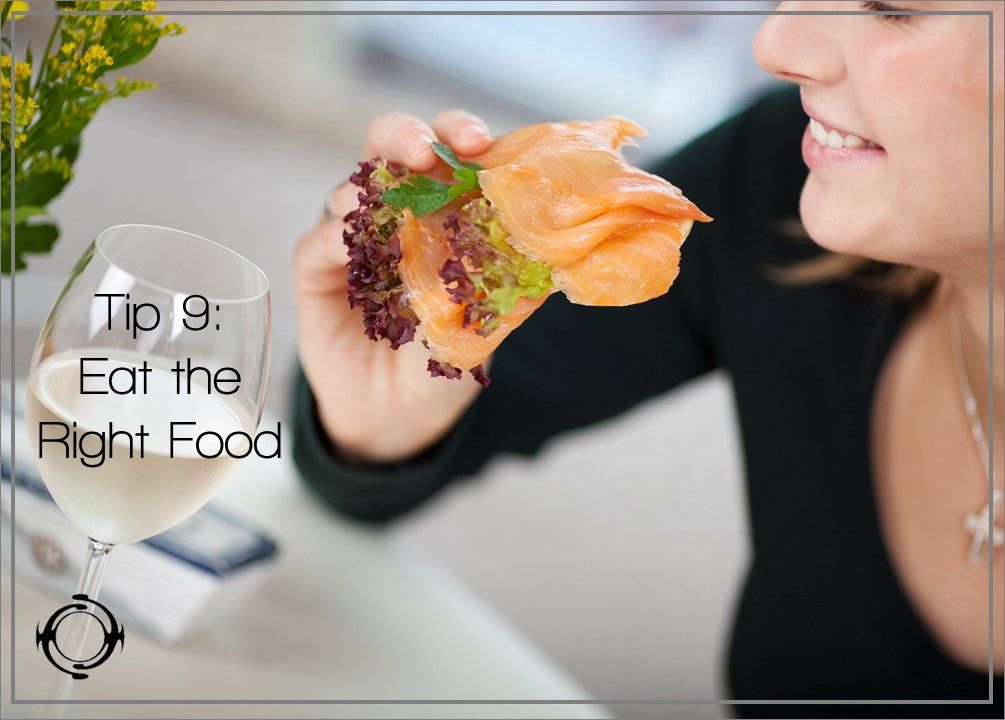top 10 tips for healthy winter skin

The days are
shorter… and colder. You layer-up and wrap-up warm when you go outside. And in
the evenings you just want to laze in front of the fire with a warm cup of
cocoa. Yep – Winter has arrived.
And it can be
pretty tough on your skin if you don’t know how best to look after your skin
this season. Luckily I’m here with my top 10 tips for healthy Winter skin.

Tip1: Avoid Hot Baths
and Hot Showers
You know what it’s
like – you wake up and force yourself out of your cosy bed. After the warmth of
your bed, everywhere feels a little bit chilly, right? So the first thing you
want is to feel the heat of hot water running all over you. There’s nothing
more luxurious on a cold Winter morning than a hot shower.
Or at the weekend,
there’s nothing more pampering than lying back and relaxing in a hot bath.
But did you know that
washing too often, especially with hot water can dry out your skin in Winter? According
to dermatologist Bruce Robinson, MD, “Overwashing, especially long hot showers,
is the number one reason for dry skin”.
So turn down the heat and wash using tepid water. And shorten the time you’re in the shower, keeping it to a maximum of 10 minutes (have a longer lie-in instead!)
And if you still fancy some weekend pampering (and who am I to curtail a bit of well-deserved TLC), reduce the heat of your bath water and the amount of time you soak.

Tip 2: Avoid Soap
Okay, I’m not
saying you should avoid cleansing altogether, I’m suggesting you avoid most
soaps as they tend to be drying on the skin.
Rather wash with a non-soap cleanser, ideally one that contains moisturising ingredients such as
oils. And if you see Sodium lauryl sulfate or Sodium laureth sulfate listed on
the ingredients label, it might be an idea to choose another brand as this
ingredient can be quite abrasive on your skin.
After you come out
of the shower, gently pat your skin dry. Don’t vigorously rub it. By gently
patting it, any oils that are on your skin as a result of the shower product
you used will remain on your skin where they’ll be absorbed and help keep your
skin moisturised.
If you naturally
have dry skin, which can become even more dry in the Winter, you might consider
showering less frequently as showering only contributes to drying skin.
Alternatively, don’t cleanse your whole body every day.

Tip 3: Exfoliate
Regular weekly
exfoliation should be part of our skincare routine all year round but because
we cover up more in Winter and our skin isn't on show so much, we tend to
forget the importance of exfoliating our skin.
The reason for
weekly exfoliation is to remove dead cells from the skin. If there are too many
dead cells caught on the skin your Winter moisturiser simply will not be able
to penetrate through to do its job.
When you’re
exfoliating, pay particular attention to exposed areas of skin such as your face, hand and lips. And use an
exfoliating product which contains butters and oils so your skin isn’t only
exfoliated, it’s moisturised too.
After you finish
exfoliating and rinse your skin, pat it dry gently with a towel so you don’t
rub away all the beautiful oils and butters left for your skin to absorb.

Tip 4: Use the Right
Skincare Products
The light
water-based products your skin loved during the warm summer months probably
won’t kick it in the cold, drying Winter months. You really need to up your
game when it comes to moisturising this season.
Oil-based moisturisers
and facial serums replenish the oil that is being stripped from your body.
They’re not absorbed as quickly as water-based moisturisers and do feel a
little heavier on the skin but they’re a necessity when the cold weather and
central heating are drying out your skin.
If you want to bring
out the big guns and really treat your skin to the Queen of Moisturisers, then
reach for a traditional body butter. Now, I warn you - you may have to go on a
bit of a hunt to find a true traditional body butter as most of the body
butters sold on the high street are diluted so they feel less heavy on the skin
and absorb faster. A true traditional body butter is a concentration of
luxurious butters and oils which hydrate, moisturise and leave your skin
feeling silky soft all day long. To determine if your body butter is diluted or
traditional, simply look for “aqua” (water) on the ingredients label. If you
see it, the body butter is diluted.
Always have your
choice of moisturisers, serums, and body butters close by when you cleanse your
skin, for example by the sink or bath, so you can apply them immediately after
cleansing. Applying a moisturising product to damp skin helps seal that
dampness into the skin.
And don’t forget
about your feet. Just because they’re hidden, tucked inside your Winter boots,
doesn’t mean they should be forgotten. They need just as much TLC as the rest
of your body this season so don’t forget to cleanse, exfoliate and moisturise
them too.
Finally, remember to
choose your moisturiser carefully. Avoid moisturisers which contain
petroleum-based ingredients such as mineral oil or paraffin wax as these
ingredients tend to dry out your skin even more.

Tip 5: Use a
Humidifier
You’ve cranked up
the central heating to keep the Winter chills outside. But did you know that
central heating can dry the air inside your home? And it can draw the moisture
out of your skin?
To combat this use a
humidifier, a gadget that adds moisture to the air to reduce and prevent
dryness.
The ideal humidity
level in your home should be between 50 and 60. Measurements below 40 are too
low and the air will become too dry, in turn drying out your skin.
When using a
humidifier please carefully read the instruction and care manuals.

Tip 6: Protect Your
Skin from the Elements
When you're out and
about protect your skin from the Winter elements by covering up and wearing
gloves and scarves. By adding this extra layer of protection you reduce the
amount of moisture being drawn out of your skin.
Avoid wearing socks
and gloves that are damp or wet as this can irritate your skin or cause
cracking and itching. Indeed, if you suffer from eczema, wet gloves and socks
could cause a flare-up.
And don’t forget
warm shoes or boots which are waterproof.

Tip 7: Apply
Sunscreen
Yes
- sunscreen isn't just for summer.
The Winter sun,
especially in combination with the glare from snow, can still
damage your skin.
Apply sunscreen to
your face and other exposed areas such as your hands (if you don't have gloves)
approximately 30 minutes before going out and re-apply if you are staying out
for longer.
And don’t forget
about your lips. Protect them also with a non-petroleum-based lip butter
or, if you lips are going to be more exposed to the glare of the sun, a lip
sunscreen.

Tip 8: Don’t Worry
About Wrinkles
During a hot spell
in summer, have you ever noticed what the soil in the ground looks like if it
hasn’t been watered? It’s all dry and cracked. Well that’s just what wrinkles
are – they’re divots in our skin caused by dryness.
According to
dermatologist, Dr Ciraldo, “Women often see an exaggeration of wrinkles in
winter because of the skin’s dryness”.
So if you spot a few
extra lines round your eyes or lips, don’t panic and get stressed (stress can
cause wrinkles, remember). Rather spend a little longer massaging your facial
serum into those areas. Or apply a night serum that may contain slightly
heavier oils that slowly absorb into your skin while you sleep.

Tip 9: Eat the Right
Food
So far we have been
concentrating on caring for and protecting your skin from the outside. But you
can also treat your skin from the inside by eating the right kinds of food.
According to
Holistic Dermatologist, Jeanette Jacknin, MD, "Food provides essential vitamins,
minerals, and nutrients which the skin cells need to regenerate and grow".
Here are some
suggestions:
-
Include foods that
contain essential fatty acids in your diet such as almonds, extra virgin olive
oil, and eggs. Dry skin needs essential fatty acids to protect it’s outer layer
and as our skin becomes drier in Winter, essential fatty acids play an
important role in our diet.
-
Include green leafy
vegetables such as broccoli, spinach, cabbage and, dare I suggest it, brussel
sprouts. These vegetables contain phytochecmicals that protect the skin from
environmental factors that dry skin, such as the cold Winter weather.
- In September 2010,
the British Journal of Dermatology published a study which suggested that food
containing lipoic acid can reduce dry skin. So include foods such as tomatoes,
green leafy vegetables, and poultry in your Winter diet.
-
Eat food that contains
Beta-carotene. Once eaten, Beta-carotene is either converted into Vitamin A
(which encourages skin repair) or acts as an antioxidant. Perfect Winter
vegetables that are chock-full of Beta-carotene are sweet potatoes and carrots.

Tip 10: Stay
Hydrated
Question: How many
times have you heard someone tell you that you need to drink plenty of water to
keep your skin hydrated and looking younger for longer?
Well.... just
because you drink plenty of water doesn't mean you won't have dry skin.
According to
Dermatologist, Kenneth Bielinski, whilst the skin of someone who is severely
dehydrated will benefit from drinking fluids, the average person's skin does
not reflect the amount of water they consume. So drink plenty
of water for your health, not just your skin.
In Winter, when it's cold
outside, there's nothing more comforting than curling up in front of the fire
with a warm cup of sweet milky cocoa. Let me make a suggestion: why not replace
that treat every now and then with a drink of warm water with lemon juice? Add
some honey to naturally sweeten it. Not only is it more hydrating but it'll
give your immune system a boost.


